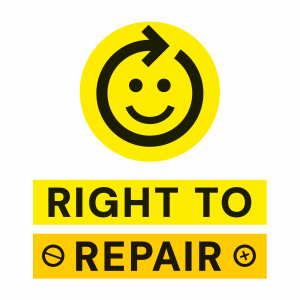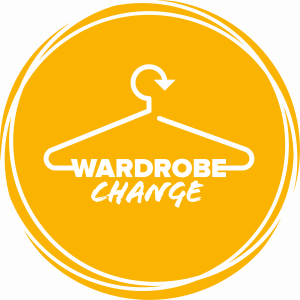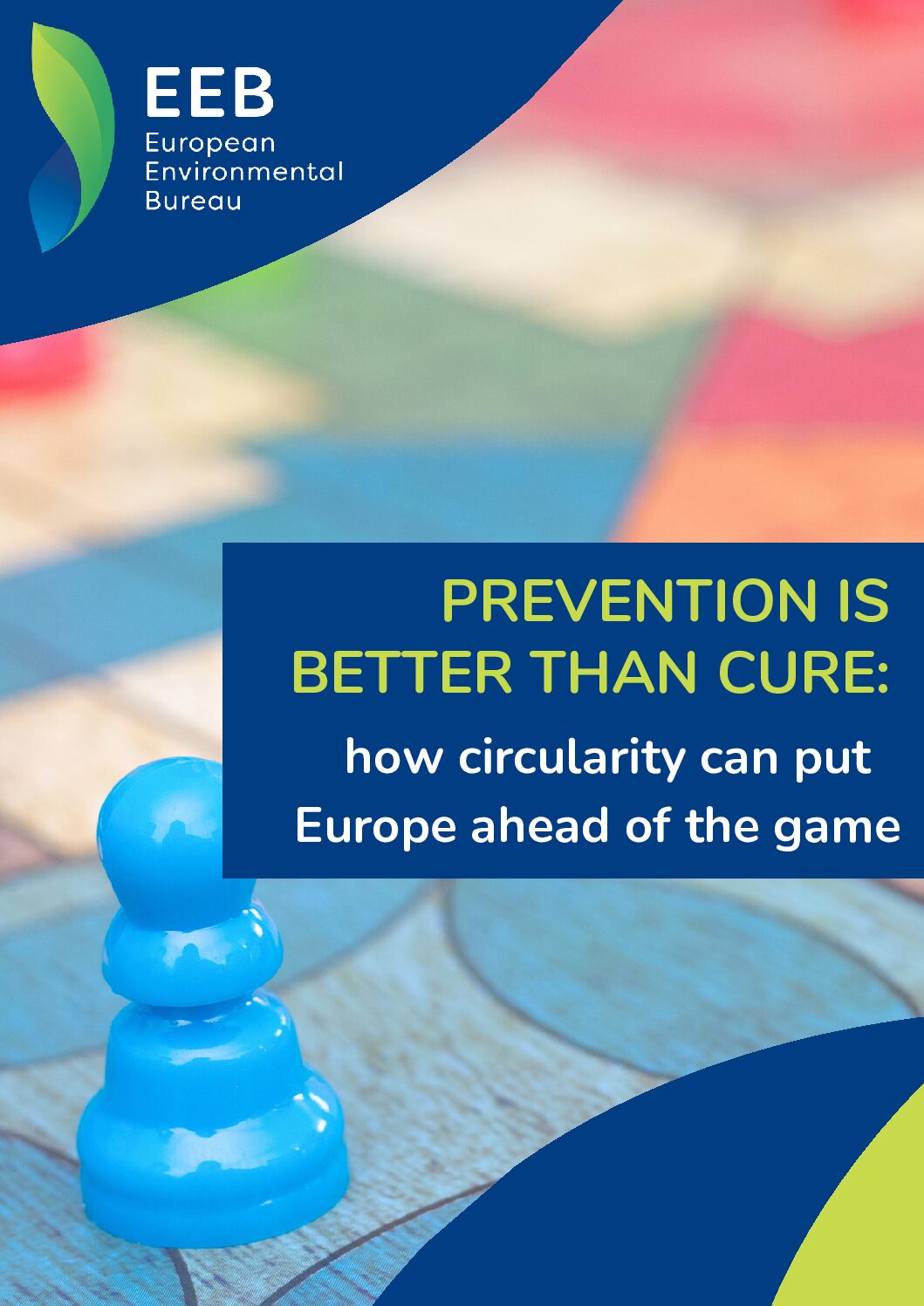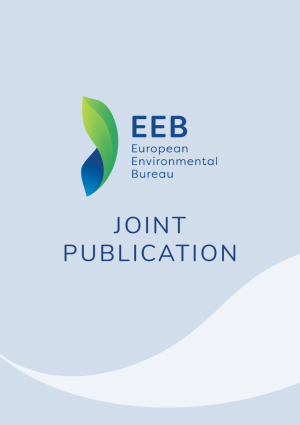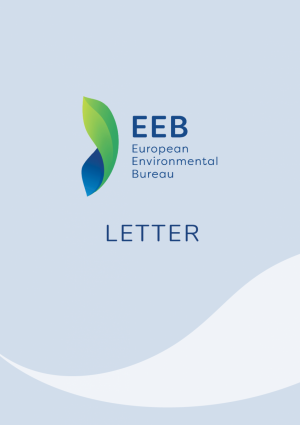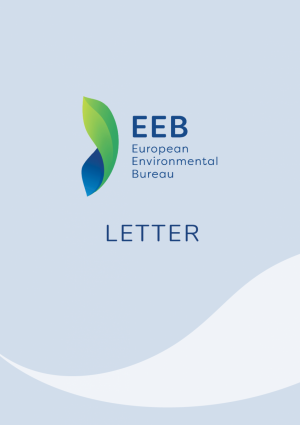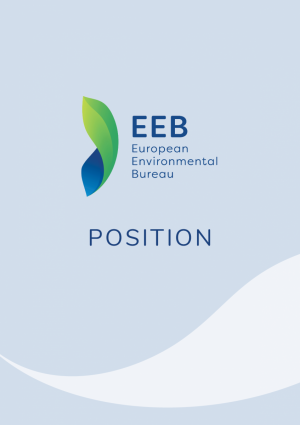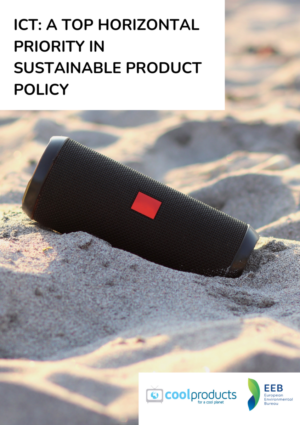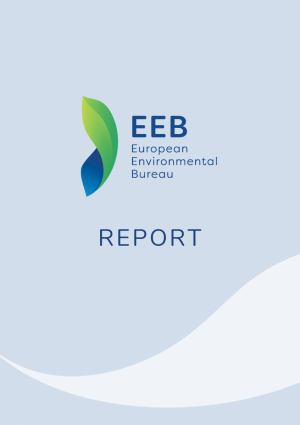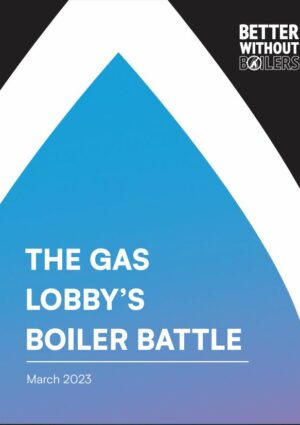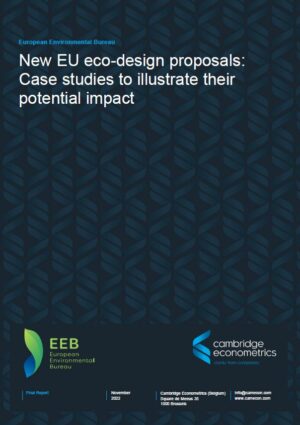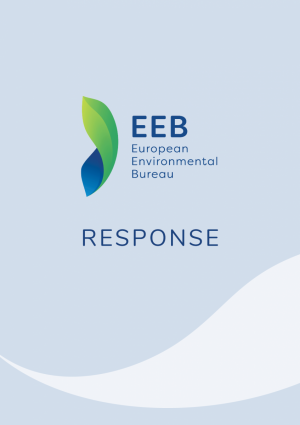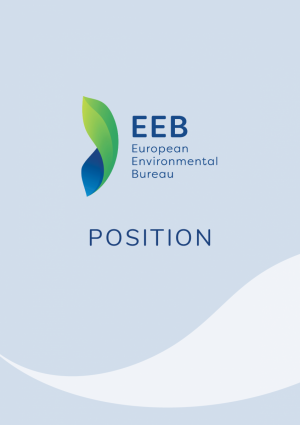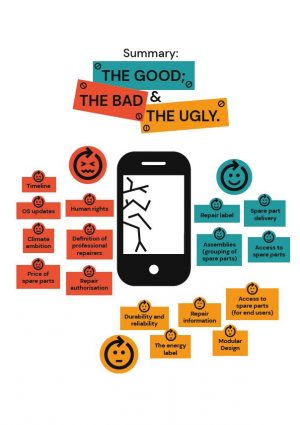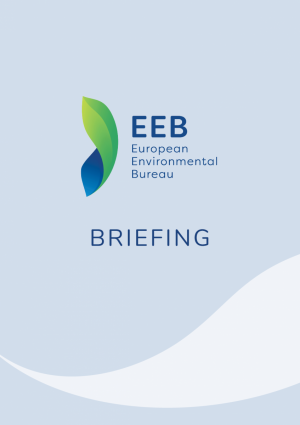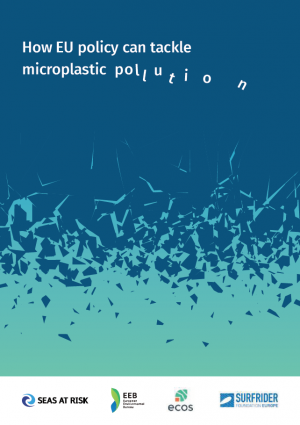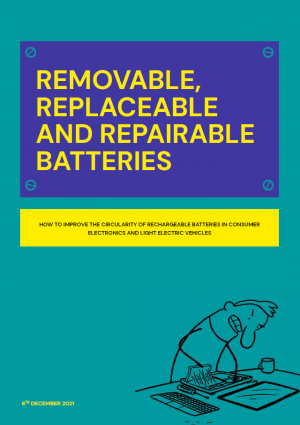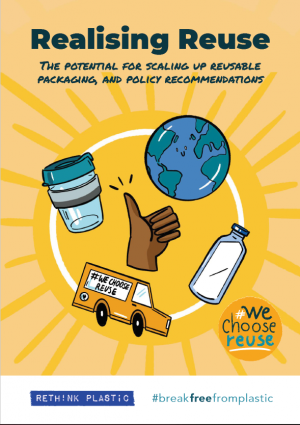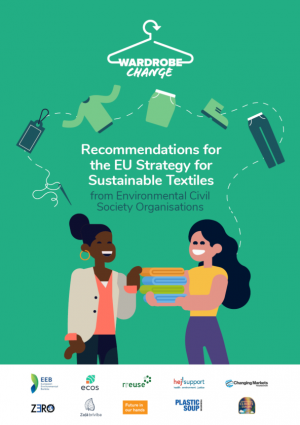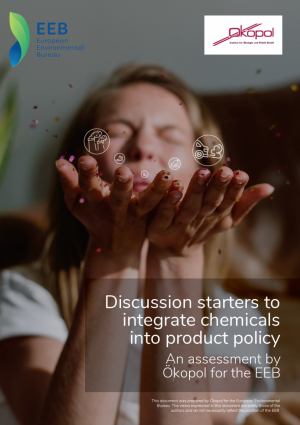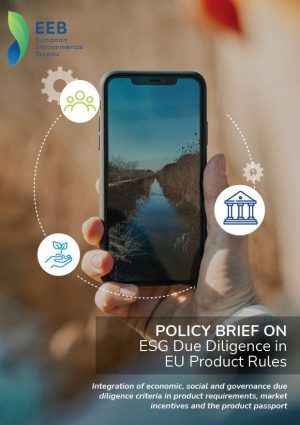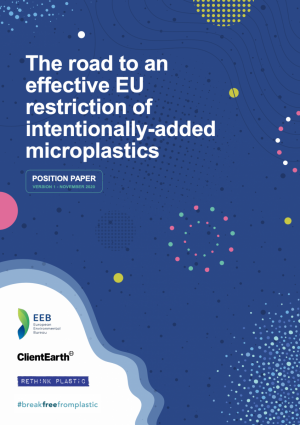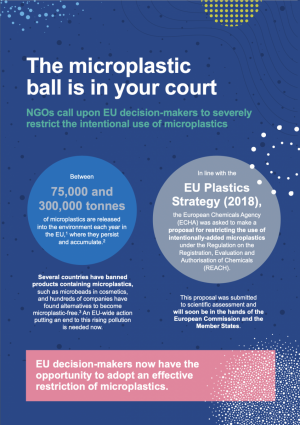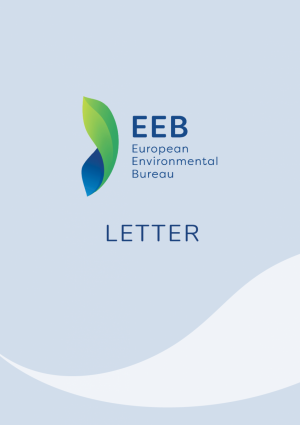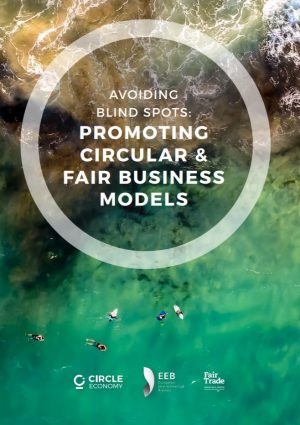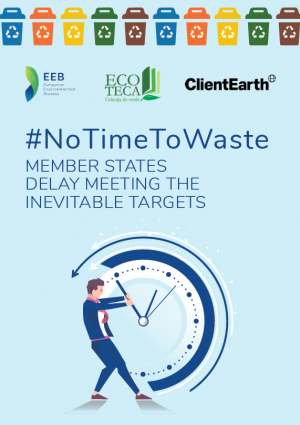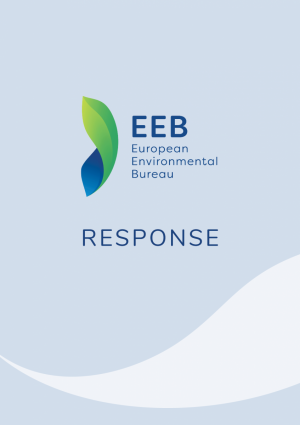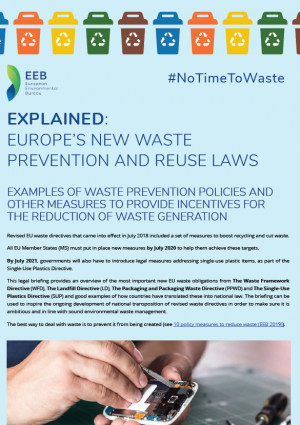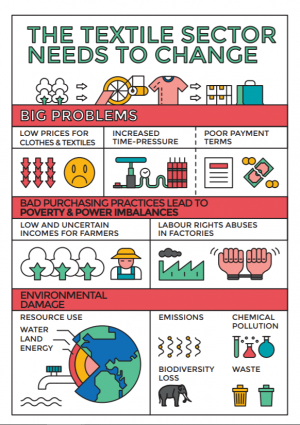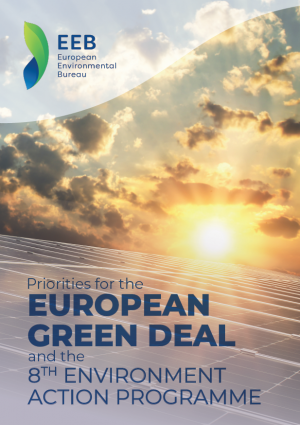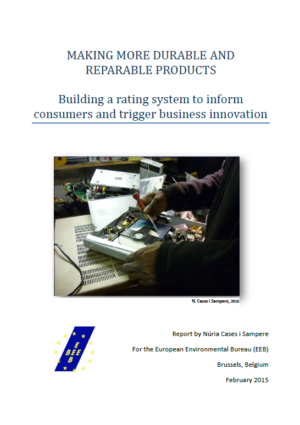Product policy
Retail therapy may feel good, but the amount of stuff we are consuming is rapidly trashing the planet. The good news is that the right policies have the potential to reduce the impact of our products and our overall consumption.
The extraction and processing of materials to make products, fuels and food make up about half of total climate emissions. They are also responsible for more than 90% of biodiversity loss and freshwater use. Redesigning our products and product systems with the aim of reducing our total environmental footprint is essential to relieve these pressures.
To put this into practice, different types of policy instruments, from regulations to market and information tools, can be applied at different life cycle stages of products. The size and buying power of the European internal market can also make it an influential tool.
The Ecodesign and Energy Labeling framework has already shown how product policy can work effectively at the European level: using push and pull measures to remove the worst performing products from the market with minimum requirements, and drawing citizens to the most efficient products with the EU energy label. These measures were already estimated to save citizens 490 EUR from their annual energy bills in 2020.
Other instruments, such as extended producer responsibility and green public procurement remain under-utilised or weakly implemented. The public sector in the EU has a huge demand for products and services, a market worth an estimated €1.8 trillion. This is a massive amount of money to spend on things that can have a big impact on the environment.
In 2022, the European Commission proposed an Ecodesign for Sustainable Products Regulation, which would see an ecodesign inspired approach rolled out to almost all product groups and covering a wider set of environmental impacts. A number of other policies also cover specific sectors including packaging, buildings and batteries.
Across different types of products and through a number of influential campaigns the EEB is trying to maximise the potential of product policy to save resources and support the transition to a circular economy. The EEB is a founding member of the Coolproducts, Right to Repair and Wardrobe Change campaigns.
Europe’s 2020 energy savings target
could be generated if we use our resources more efficiently


